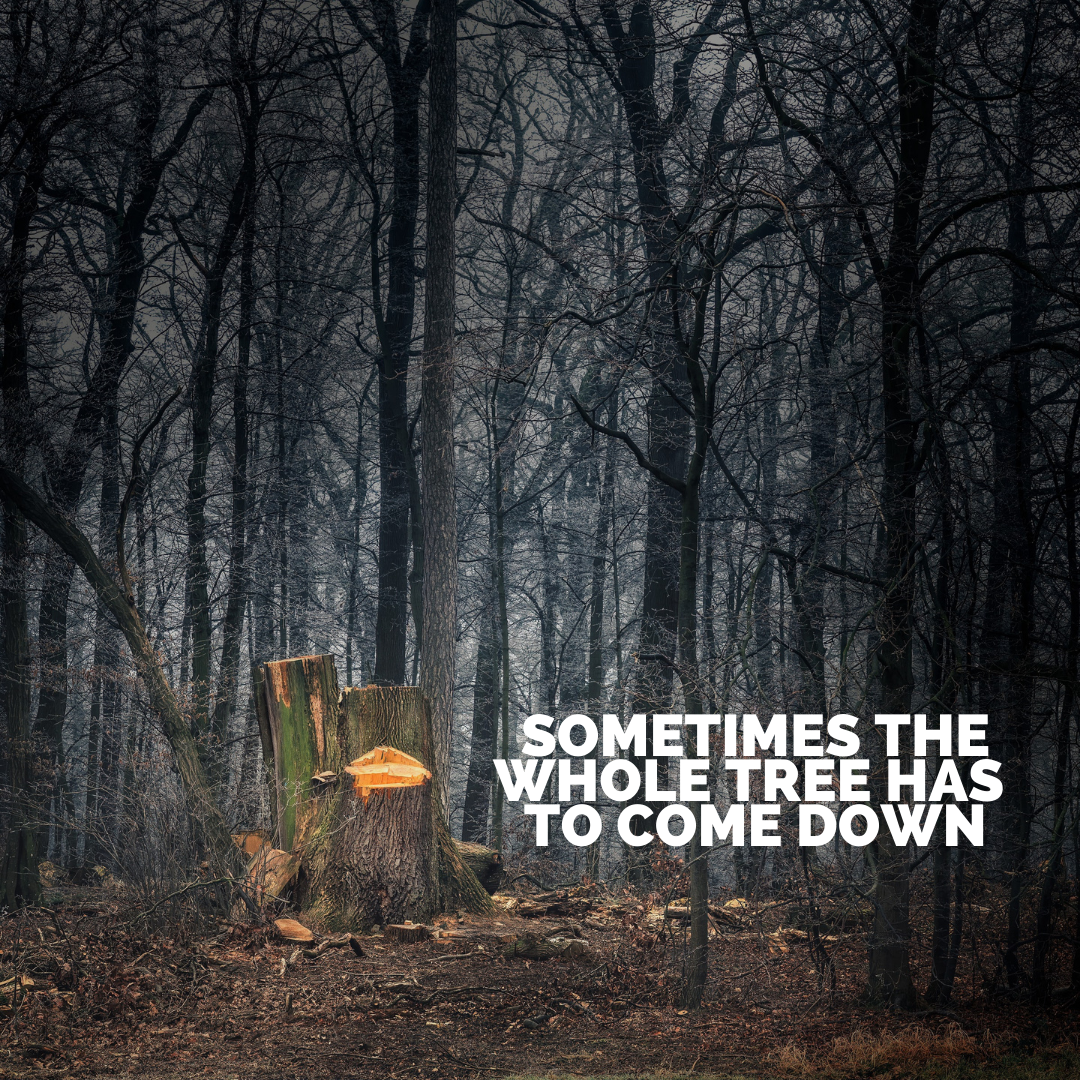God does the hard stuff.
Jeremiah 1
I remember my mom telling me about an event she witnessed during her training as a physical therapist. She was observing in a doctor’s office, and a little girl had come in who was having a problem with her arm. She had broken it, and it had begun to set, but it was not setting correctly.
My mom watched as the doctor talked softly to the little girl and her parents, asking her questions, complimenting her appearance. When he had gotten everything ready, he stopped mid-sentence, asked the girl to bite down on a tongue depressor, then took her arm in his hands and swiftly snapped it. The girl screamed, and the parents were shocked, but in no time, the doctor had distracted (and delighted with a balloon) the little girl and ushered them all down the hallway to get a cast on the girl’s arm so it could heal properly.
Since hearing that story (and knowing that this is a somewhat-common occurrence when bones are not setting correctly), I have wondered what it must be like for the doctor who knows he is going to cause momentary shock and blinding pain to a child. Does it bother him? Has he done it so many times that, by now, he is desensitized to it? Or does he not even think about it because, like a parent who takes their child to get a vaccination shot, he knows the benefits far outweigh any temporary discomfort?
I thought about that doctor as I read God’s commission to Jeremiah: “Then the Lord reached out his hand and touched my mouth and said to me, ‘I have put my words in your mouth. See, today I appoint you over nations and kingdoms to uproot and tear down, to destroy and overthrow, to build and to plant.’” (vs 9-10)
At first, it doesn’t seem like the nicest mission. How popular could a prophet be when his mandate is to uproot, tear down, destroy, and overthrow? And is that what God is all about anyway? If we don’t follow Him, if we don’t listen to Him, He’ll move in to tear us (and everything else) apart?
Well, in a manner of speaking, yes. For we must remember that we are all broken, and God is in the business of healing us. But sometimes, we try to do God’s healing work for Him. We try to “fix” ourselves in ways that will ultimately hurt us more. So, what does God do? Like the doctor who wants the little girl to be able to use her arm again, He re-breaks the bone. Even though He knows it will cause pain, shock, anguish, and grief, He moves in to uproot, tear down, destroy, and overthrow.
But that’s not the end game. As we look at all those destructive commands in the mission of Jeremiah, we can’t ignore or overlook the last two—to build and to plant. If and when God hurts us, it is never, never, never for the sake of hurting us. It is for the sake of healing us! He uproots so He can plant. He tears down so He can build.
I’m convinced that much of the stuff God has done during human history which has been for our ultimate good are things that most of us wouldn’t have the fortitude to carry out, so we don’t want to imagine that God would be willing to do them either. But God always does the hard stuff. If He knows it will heal us, if He knows it will help us, if He knows it will ultimately be for our best good, He won’t hesitate.
Does He care what we think of Him for doing things that we may find distasteful? Not a bit, I imagine. He’s concerned about one thing: healing us. And He’ll endure all the insults and anger and abuse we can heap on Him while He happily sends us down the hall to get a cast on our freshly-broken arm. Perhaps He knows that, someday, when we grow up and realize that He has saved us by doing the hard stuff, we’ll be more than eternally grateful.



